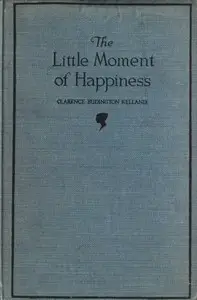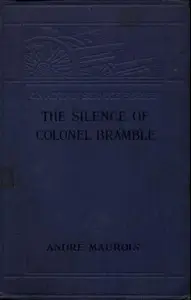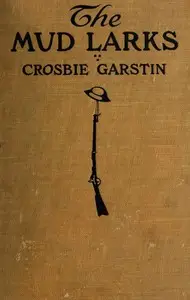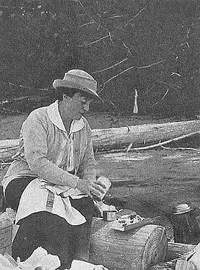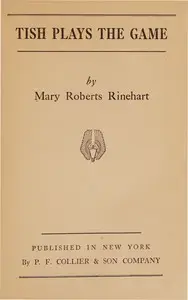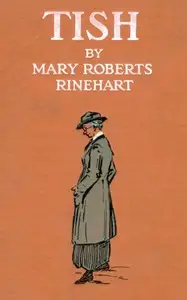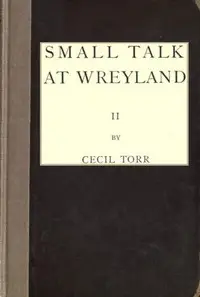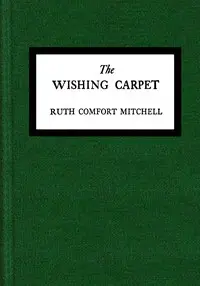"Twenty-three and a half hours' leave" by Mary Roberts Rinehart is a comical tale set during a global conflict, likely around World War I. It tells the story of Sergeant Gray, a young soldier who looks forward to his brief leave from the army. The story covers themes of friendship, funny tricks, and the hardships soldiers deal with while balancing military life and what they want. Sergeant Gray is driven by the desire to have a short break from his military duties, looking forward to enjoying the limited time and winning a bet about having breakfast with an important officer. As he spends time with his fellow soldiers and deals with the realities of life in the army, funny and unfortunate events happen. Ultimately, the story balances humor with the serious idea of going to war, as Gray gets into trouble while trying to keep a sense of normalcy and connect with a girl he meets. The story ends in a cheerful way, which highlights the ridiculous parts of military life and the strength of youth during uncertain times.
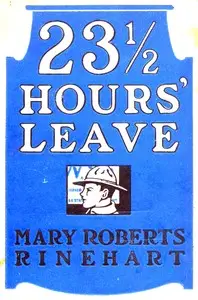
Twenty-three and a half hours' leave
By Mary Roberts Rinehart
In the middle of war, a soldier's short leave turns wild as he tries to win a bet, finds love, and stumbles through military mishaps.
Summary
About the AuthorMary Roberts Rinehart was an American writer, often called the American Agatha Christie. Rinehart published her first mystery novel The Circular Staircase in 1908, which introduced the "had I but known" narrative style. Rinehart is also considered the earliest known source of the phrase "the butler did it", in her novel The Door (1930), although the exact phrase does not appear in her work and the plot device had been used prior to that time. She also worked to tell the stories and experiences of front line soldiers during World War I, one of the first women to travel to the Belgian front lines.
Mary Roberts Rinehart was an American writer, often called the American Agatha Christie. Rinehart published her first mystery novel The Circular Staircase in 1908, which introduced the "had I but known" narrative style. Rinehart is also considered the earliest known source of the phrase "the butler did it", in her novel The Door (1930), although the exact phrase does not appear in her work and the plot device had been used prior to that time. She also worked to tell the stories and experiences of front line soldiers during World War I, one of the first women to travel to the Belgian front lines.


